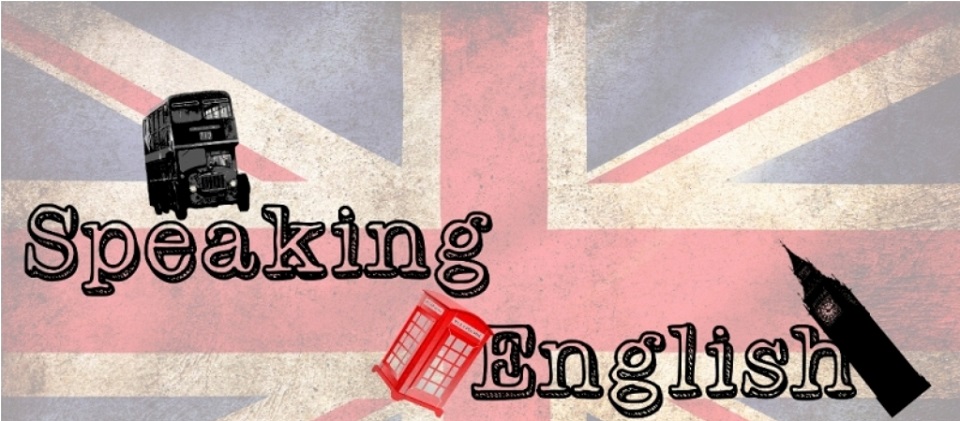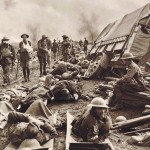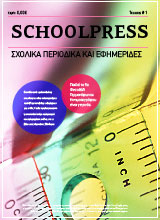By Katerina Balda (A Class)
War is a state of armed conflict between states or societies. It is generally characterized by extreme aggression, destruction, and mortality, using regular or irregular military forces. An absence of war is usually called «peace«. Warfare refers to the common activities and characteristics of types of war, or of wars in general.Total war is warfare that is not restricted to purely legitimate military targets, and can result in massive civilian or other non-combatant suffering and casualties.
The English word war derives from the late Old English (circa.1050) words wyrre and werre, from Old French werre (also guerre as in modern French), in turn from the Frankish *werra, ultimately deriving from the Proto-Germanic *werzō “mixture, confusion’. The word is related to the Old Saxon werran, Old High German werran, and the German verwirren, meaning “to confuse”, “to perplex”, and “to bring into confusion”. In German, the equivalent is Krieg (from Proto-Germanic *krīganą “to strive, be stubborn’); the Spanish, Portuguese, and Italian term for «war» is guerra, derived like the Old French term from the Germanic word.
War is a state of armed conflict between states or societies. It is generally characterized by extreme aggression, destruction, and mortality, using regular or irregular military forces. An absence of war is usually called «peace«.
Warfare refers to the common activities and characteristics of types of war, or of wars in general. Total war is warfare that is not restricted to purely legitimate military targets, and can result in massive civilian or other non-combatant suffering and casualties.
The English word war derives from the late Old English (circa.1050) words wyrre and werre, from Old French werre (also guerre as in modern French), in turn from the Frankish *werra, ultimately deriving from the Proto-Germanic *werzō “mixture, confusion’. The word is related to the Old Saxon werran, Old High German werran, and the German verwirren, meaning “to confuse”, “to perplex”, and “to bring into confusion”. In German, the equivalent is Krieg (from Proto-Germanic *krīganą “to strive, be stubborn’); the Spanish, Portuguese, and Italian term for «war» is guerra, derived like the Old French term from the Germanic word.




